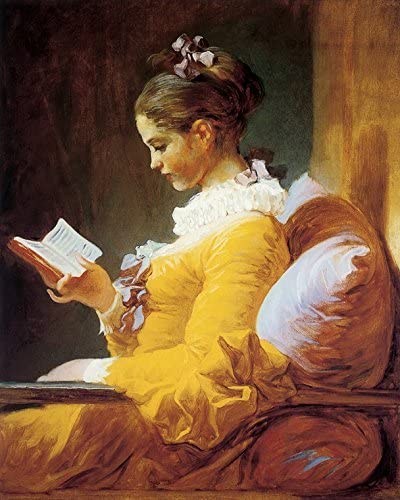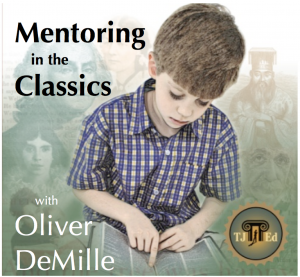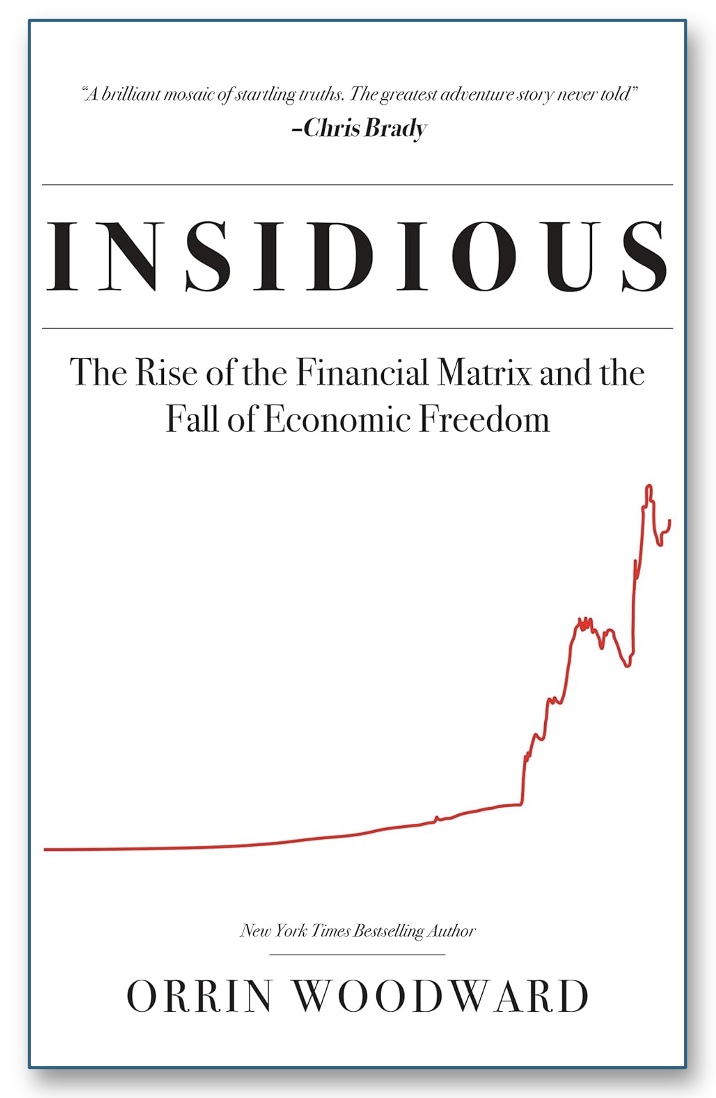Lessons Beyond the Classroom
 "Not another chapter of names and dates," she groaned, slumping in her desk chair as the Teacher distributed yet another stack of history worksheets. "History is just so… boring."
"Not another chapter of names and dates," she groaned, slumping in her desk chair as the Teacher distributed yet another stack of history worksheets. "History is just so… boring."
The teacher's response was predictable: "Page 216, everyone. Today we'll be memorizing the succession of Tudor monarchs."
Sarah stared at the textbook, her mind already wandering to lunch plans, while her classmates dutifully began highlighting dates and names they would soon forget. Just another day in history class—a monotonous checklist of facts to memorize for Friday's quiz.
All too often our experience with history falls flat, where the rich tapestry of human experience is lost; we're likely driven away from discovering its wealth. It promises more than just memorized dates and facts.
I was fortunate to gain a love of history from my parents in my teen years. I've always had a fascination with the stories, insights, and experiences of others. When I had the opportunity to lead out in Mentoring in the Classics and discuss Lessons of History by Will and Ariel Durant, I was really excited! I wanted to help instill that love and excitement of history for those who may have had it reduced to the experience recounted above.
This exploration involves unearthing lessons, wisdom, and a renewed love for history through thought-provoking insights from Paul Lockhart and various historians and philosophers. The aim is not just to recount the events of the past, but to ignite a passion for history by understanding its deeper meanings and implications.
Reimagining History Education
Our traditional approach to history often mirrors the dry methodology applied in subjects like mathematics—a focus on memorization and regurgitation. But as Paul Lockhart's "A Mathematician's Lament" suggests through a creative analogy about approaching music education as we do with subjects like math and history, this rote and monotononous method steals the joy and creativity inherently found in every field. Yes, even in math and history.
Rather than engaging in rote memorization, we should aim to discover and mindfully interact with historical narratives.
Historical Paradigms
 Lessons of History by the Durants does not claim a linear retelling of historical facts, but instead provides a synoptic journey through various themes. History is not simply a chronology; it's not only linear.
Lessons of History by the Durants does not claim a linear retelling of historical facts, but instead provides a synoptic journey through various themes. History is not simply a chronology; it's not only linear.
There are many ways to approach and understand the past. We must learn to view history through different paradigms:
- Cycles – Inspired by theories like Strauss and Howe's The Fourth Turning, recognizing patterns over time.
- Waves – Alvin Toffler's metaphor of history as transformative waves, such as the Agricultural and Industrial Revolutions, offers another layer of understanding.
- Traditions – Different epistemological approaches, from philosophical-scientific to oratorical, shape how we perceive and interpret history.
Each approach brings different insights and knowledge that are hard to come by if we use only one. Each approach is a different tool to aid us in our journey. We want to understand the past, yes; but we also want to learn from the past in order to design a better future.
Personal Growth
Engaging with history should transcend personal prejudices and perceptions formed by initial encounters with the subject. Finding mentors, questioning past experiences, and exploring various historical traditions enrich personal and societal growth.
Love and exploration are necessary components to actual learning, rather than relying exclusively on memorization, we can foster an enduring interest in history. The Durants encourage this approach, advocating for understanding foundational principles before delving into specifics—an approach applicable not only to history but to learning in any field.
We should become better people because of our interactions with those who have gone before us.
A Reflection of Human Nature
The Durants teach us how to study and learn from the past. It is much more of a philosophy than a science. History is a part of our biological and societal evolution. History has lessons on topics from race and character to economics and religion. When we study a little history, we see the discord and contradictions. However, when we study a lot of history we also see the overarching principles, the universals, and the majesty of humanity. Historical narratives intertwine with human nature and societal structures. History becomes not merely a subject, but a field to reflect upon the essence of human existence and progress.
Why Study History?
The challenge lies in discovering and conveying why history matters. Why should we, as individuals and leaders, inspire others to delve into history? Beyond personal interest, studying history helps build societal understanding  and fosters informed, thoughtful citizenship. As the Durants eloquently conclude, history is about creation and continuation, a heritage that steers our progress and is shared by all.
and fosters informed, thoughtful citizenship. As the Durants eloquently conclude, history is about creation and continuation, a heritage that steers our progress and is shared by all.
History is more than a collection of past events. It's a tapestry of human experience, intricately woven and ever evolving.
As we study history, our challenge is twofold: to find personal significance in what we learn and to pass on this valuable heritage. Through Durant's reflections, we are reminded that our role in history is active, as we continue to write and influence the human story every day.
Let's embark on this historical journey, fall in love with the past, and let it illuminate our present and future.
Click here for more on Mentoring in the Classics and hundreds of other classics




































Leave A Comment